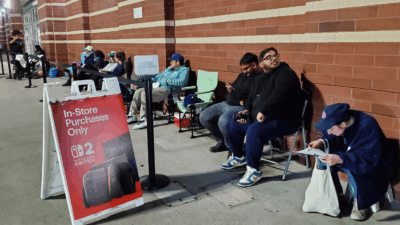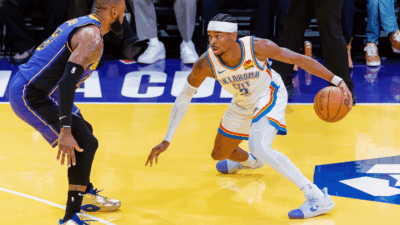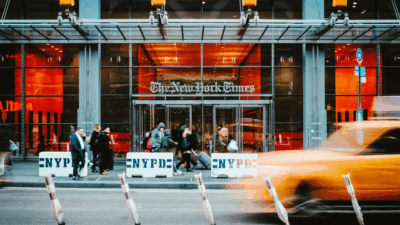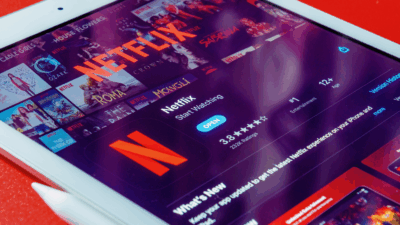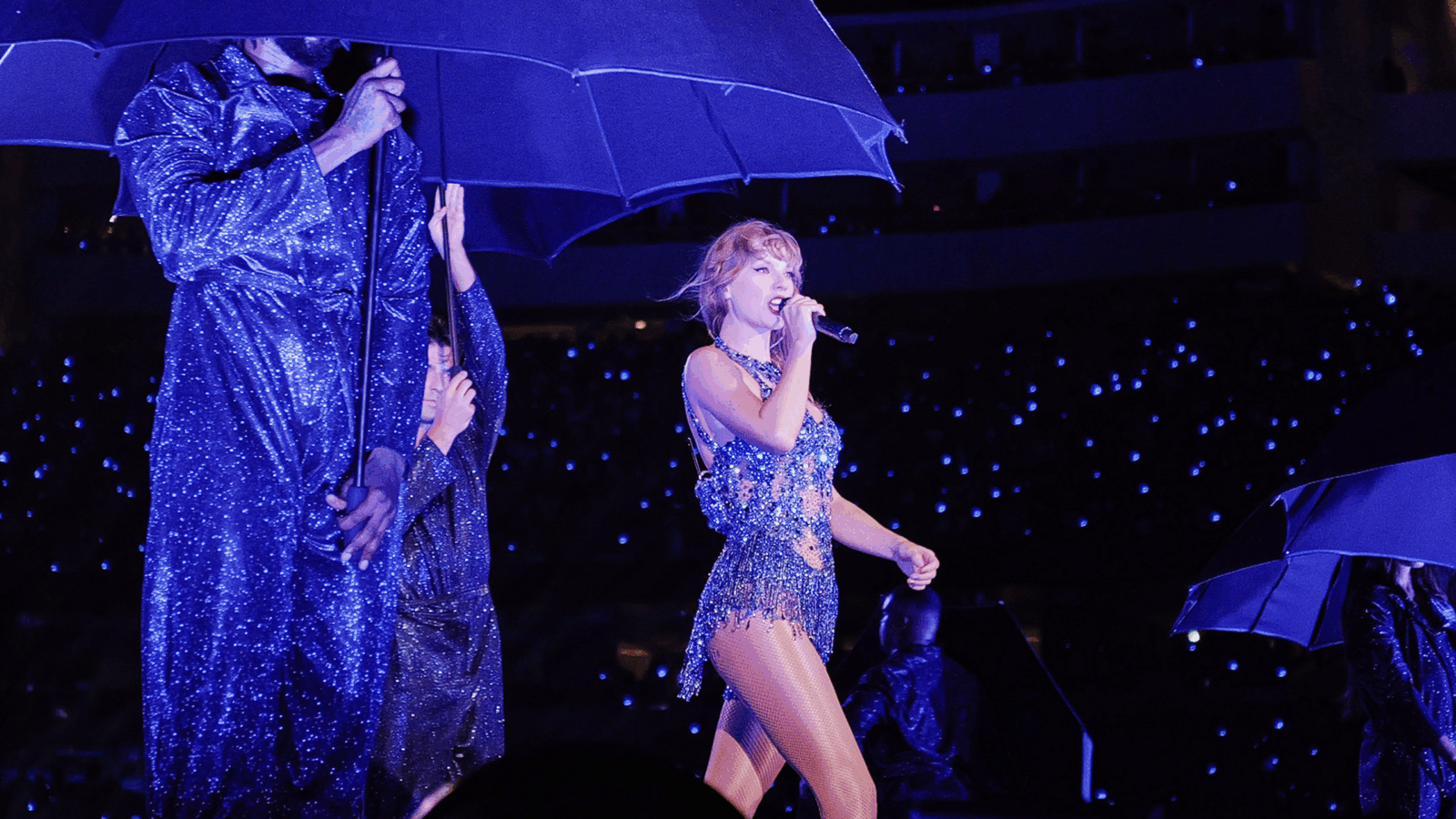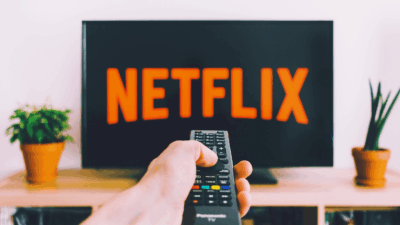College Athletes Can Soon Cash In On Their Name, Image, And Likeness Rights
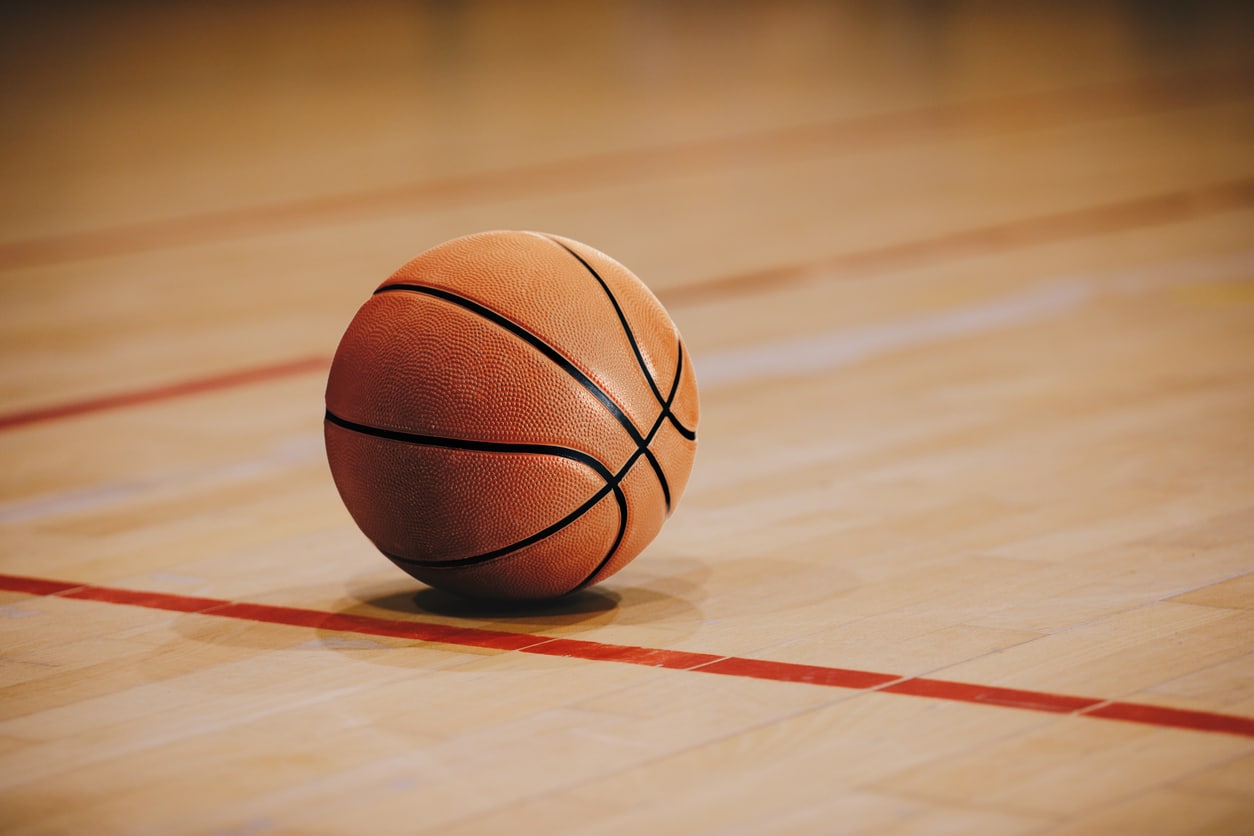
Sign up for smart news, insights, and analysis on the biggest financial stories of the day.
College sports, long considered either a stepping stone to professional play or the final competitive milestone for amateur athletes, are about to witness a major change.
Starting July 1, student-athletes in six states—Alabama, Florida, Georgia, Mississippi, Texas, and New Mexico—will be able to profit from their name, image, and likeness (NIL, for short). At least 12 other states have similar legislation set to go “live” in the next few years.
Whether the news is a homerun, a touchdown, or a slam dunk? It depends who you ask.
A Major League Pay Day
The road to paying college athletes has been a long one, but ultimately the rationale behind the rule change came down to a simple argument: college athletes should be allowed to profit off their NIL, just as every other student on campus is allowed to.
Coupling autograph sales and endorsement deals with easily monetizable social media accounts, the financial windfall could be tremendous for a host of young athletes:
- UCLA women’s gymnastics star turned Olympic athlete Madison Kocian’s endorsement potential is roughly $466,000, in the same ballpark as North Carolina men’s basketball star Cole Anthony, according to a study by Athletic Director U and Navigate Research.
- And former superstar Clemson quarterback Trevor Lawrence could have earned $16,000 per Instagram post and $1,100 per Twitter post, according to Opendorse, a company that educates student-athletes on building personal brands.
The numbers may seem exorbitant for students dining in campus cafeterias, but consider this: in 2019, the NCAA saw total revenues of roughly $1.2 billion, thanks in large part to a 14-year, $10.8 billion March Madness TV rights deal with CBS/Turner, which expires in 2024.
Few Parameters: At a recent Senate hearing on the topic, Gonzaga men’s head basketball coach Mark Few cheered the progress, but with a word of caution: “We do need some parameters to preserve the collegiate model and protect the recruiting environment. Without these parameters, the unintended consequences could be disastrous.”



